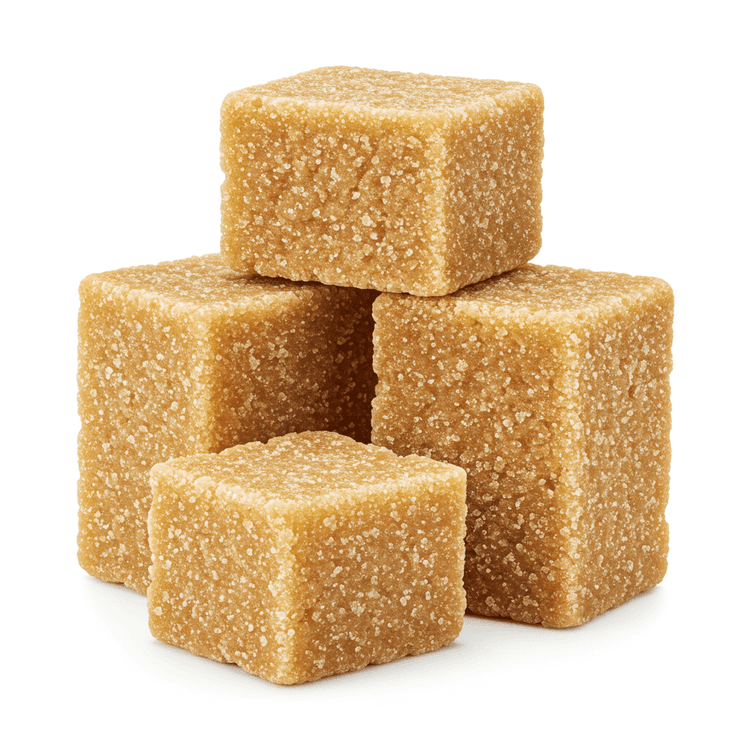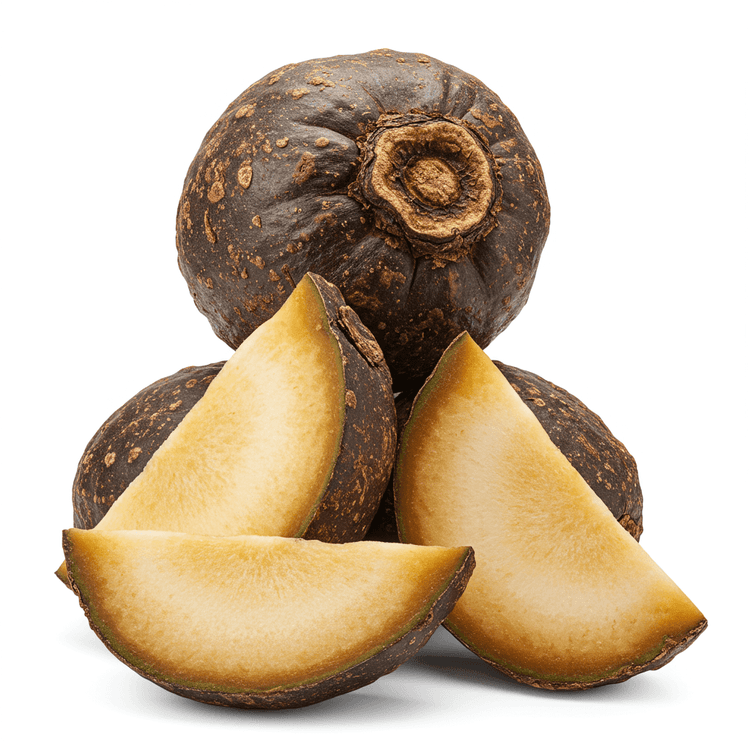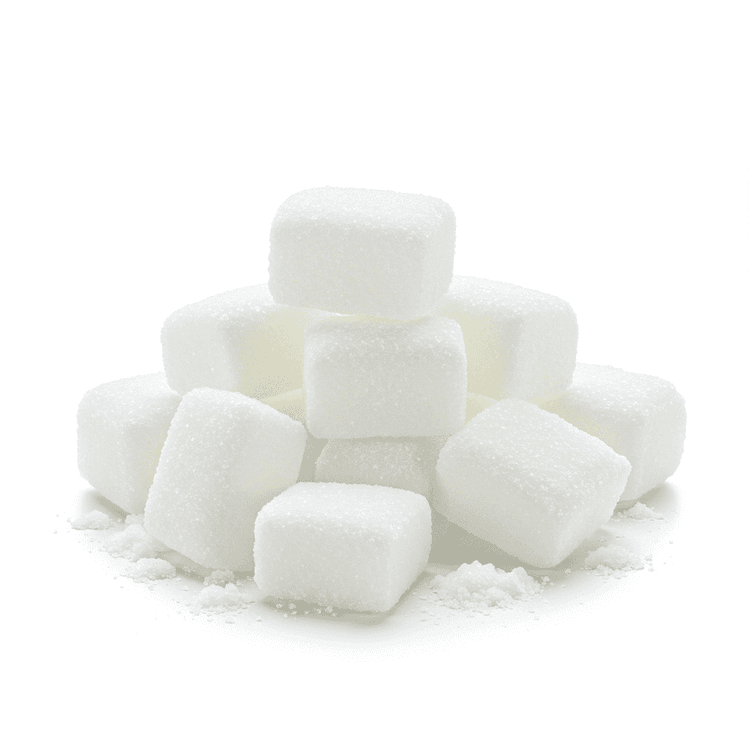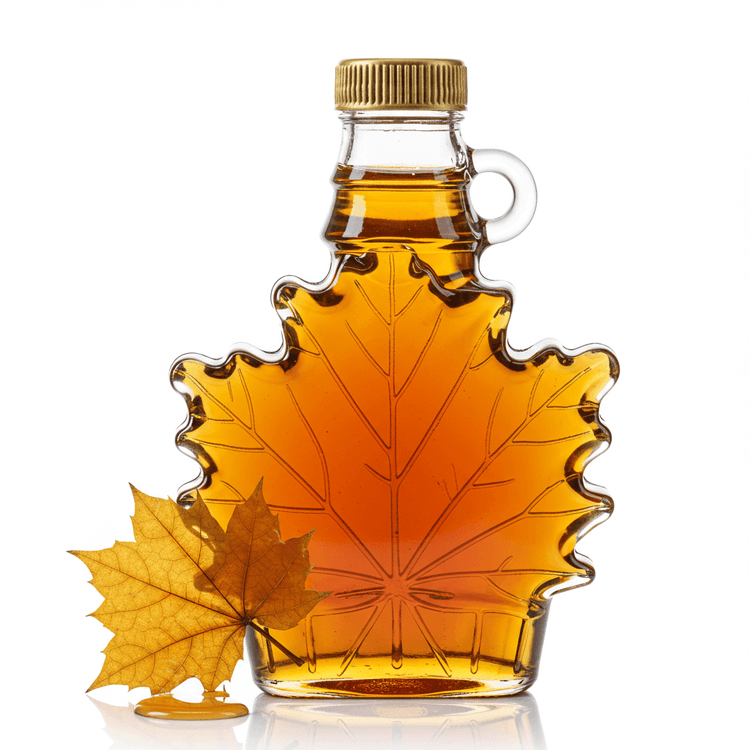
Sweetener
A sweetener is any substance used to add sweetness to foods and beverages. Sweeteners come in various forms, ranging from natural sugars like honey and maple syrup to refined sugars such as granulated sugar and brown sugar. Artificial sweeteners, also known as sugar substitutes, offer a calorie-free or low-calorie alternative for those looking to reduce their sugar intake. Different sweeteners impart distinct flavor profiles; some have a neutral sweetness, while others possess notes of caramel, fruit, or even a slightly bitter aftertaste. They can be found in liquid, granular, or powdered form and significantly impact the overall taste and texture of the final dish or drink, depending on the application.
Common Uses
- Sweeteners are essential for baking, providing not only sweetness but also contributing to the texture and structure of cakes, cookies, and breads. Different sweeteners can affect browning and moisture levels.
- Used to sweeten beverages like coffee, tea, lemonade, and cocktails. The choice of sweetener can impact the flavor profile of the drink, with some complementing specific flavors better than others.
- Added to sauces, dressings, and marinades to balance acidity, enhance flavors, and create a more palatable taste profile. Sweeteners like honey or maple syrup can also contribute unique flavor notes.
- Employed in preserving fruits and vegetables through canning, pickling, and jam-making. The sweetener acts as a preservative and helps to maintain the texture and color of the produce.
- Sweeteners are frequently incorporated into desserts like ice cream, puddings, and custards to provide the desired level of sweetness and influence the overall texture and creaminess.
- Used in breakfast foods like oatmeal, yogurt and cereals. It provides the desired amount of sweetness and taste profile for individuals taste
Health Benefits
- May provide quick energy due to its carbohydrate content.
- Some sweeteners may have a lower glycemic index compared to refined sugar, potentially causing a slower rise in blood sugar.
- Certain natural sweeteners contain trace amounts of minerals and antioxidants.
- Can enhance the palatability of food, making it easier to consume nutritious options.
- Used in moderation, sweeteners can help individuals manage calorie intake when substituted for higher-calorie options.
- Sugar substitutes may be helpful for individuals with diabetes to manage blood sugar levels.
Chefadora AI is here.
Experience smarter, stress-free cooking.
Storage Tips
The best way to store sweeteners depends on the type. Granulated sugar and most dry sweeteners should be stored in airtight containers in a cool, dry place away from direct sunlight. This prevents clumping and moisture absorption. Liquid sweeteners, such as syrups, should also be stored in airtight containers, and some may benefit from refrigeration after opening to prevent spoilage and maintain flavor. Honey should be stored at room temperature, tightly sealed, as refrigeration can cause crystallization. Check the specific packaging for manufacturer's recommendations.
Marnirni-apinthi Building, Lot Fourteen,
North Terrace, Adelaide, South Australia, 5000
Australia





